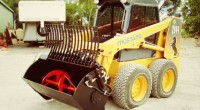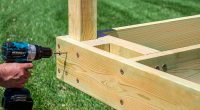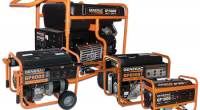Everything You Need to Know About Hex Bolts
You can’t deny the fact that the construction industry has come a long way in recent years. The main goal is to find a convenient yet durable solution to all your construction issues. And that’s exactly the kind of goal most workers have in mind. Whether you’re looking at the materials or tools used in the process, it’s important to strike a balance between what’s functional and what’s cost-effective. But see, you can go on to build a whole house if the foundation isn’t solid. After all, the sum is only as good as its parts, wouldn’t you agree?
With that said, perhaps the greatest challenge in the construction department is securely putting together two or more objects. There are plenty of ways you can go about it but the common type of fixture happens to be the use of bolts. So if you want to get started with all the tools for your DIY projects, you’ll have to think about the types of bolts you’ll be using first. So lo and behold, we’re offering our humble suggestion on the matter – using a sturdy hex bolt to keep all of your materials in place.
What Are Hex Bolts?
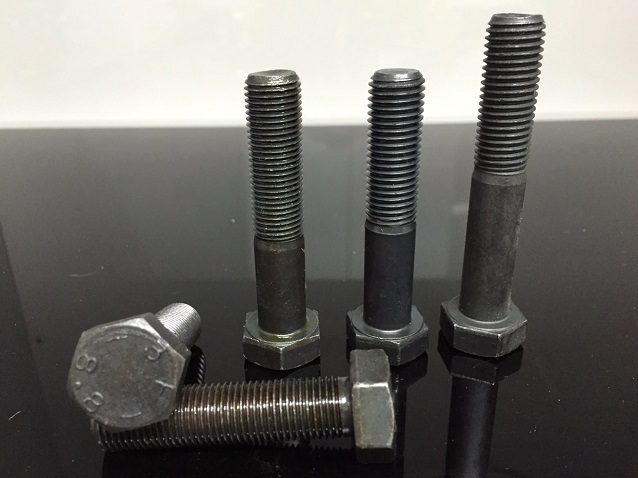
As is the case with all kinds of bolts out there, their distinct shape and design are what makes them stand out from the rest. The main feature of hex bolts is their six-sided (hexagonal) shaped head, hence the name. This particular type of bolt has become the industry standard as of late. As a result, you’ll notice people using these bolts in all sorts of construction and home improvement projects as well as machinery.
Where Can You Install Hex Bolts?
Since hex head bolts are quite versatile and adaptive, you’ll have the opportunity to use them in various industries and applications. Moreover, they can be used on most kinds of materials including metal and wood. Their strong and durable build makes them suitable for most kinds of construction endeavours, repair and maintenance, machinery assembly, engineering as well as fastening wooden frames. A hex bolt is an all-around perfect handyman tool.
In short, hex bolts are inserted into ready-made holes or nuts. Once they’re set into place, you can tighten them using a hex bolt wrench, hex keys, socket sets or spanners, depending on your preferences. The particularly-shaped head allows you to have a secure grip on the bolt itself which makes installation a lot more straightforward. In any case, make sure that all of your fingers are intact by taking appropriate safety measures when working in your garage or home.
What Kinds of Hex Bolts Are There?
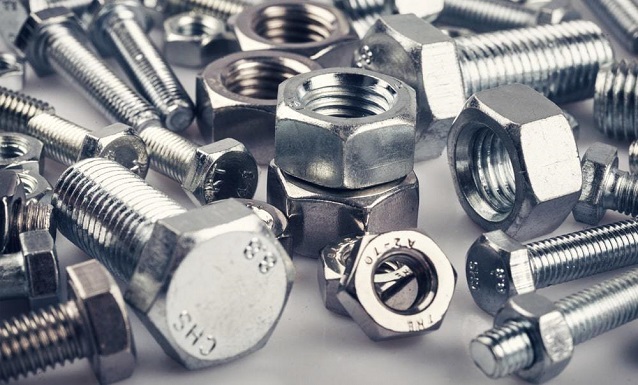
Essentially, the threading of hex bolts is what determines their type. The thread itself, or the screw head, is a spiral structure that makes up the main body. Even if you’re not an expert in the field, you probably already know that you have to rotate the head in order to secure it in the designated spot. With that out of the way, there are two main types of hex bolts based on their threading alone.
Fully Threaded
As you might have already guessed from the name, fully threaded hex bolts have a spiral structure that goes from the bottom all the way to the head. This particular design makes them perfect for use in heavy-duty construction in pre-threaded holes. Their undeniable grip strength puts pressure along the whole length of the body which means that they’ll stay firmly in place wherever you put them.
Partially Threaded
This type of hex bolt lacks a spiral thread underneath the head. The threading begins from around the halfway point and goes all the way down to the end. These are an ideal choice for projects that require lots of alignment and brute force to hold all the pieces in place. Moreover, this fastening method is completely resistant to vibrations and other external factors due to its resilient build. In other words, it doesn’t have any weak spots so you won’t be dealing with any nuisances in the near future.
Key Considerations when Buying Hex Bolts
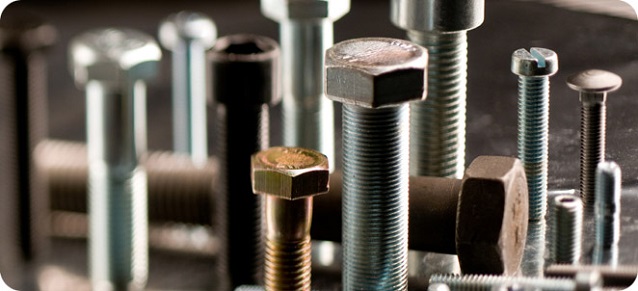
Before we let you off on your construction journey, we’ll be giving you a few final pointers on how to choose the most suitable ones for your needs.
Materials
Most hex bolts are made of either steel or stainless steel. This is because both of those options are highly corrosion resistant due to their finish. So basically, you can install them in high-saline areas without noticing any deterioration or rust in their original appearance.
Pro tip – all-steel hex bolts have a number that indicates strength and grade. The higher the number, the stronger the material.
You might also come across brass hex bolts but they’re generally more expensive than their steel counterparts. And since both of them have pretty much the same level of corrosion resistance, most people opt for the cheaper option to save up on expenses.
Size
Regardless of which kind of bolt you get, the size needs to match. There are three main parts you should focus on here –bolt length, thread size and pitch. Once you’ve got those measurements figured out, you should be able to find a suitable model for your needs.

